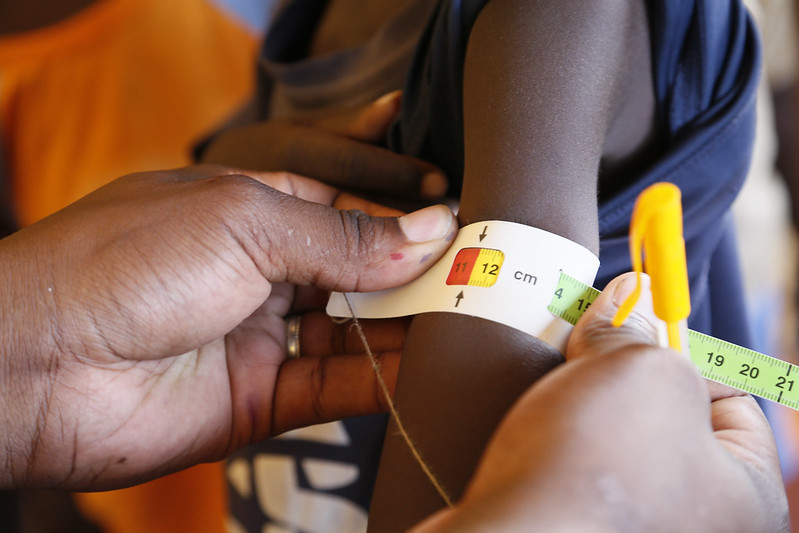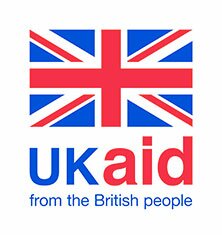COVID-19

Credit: Russell Watkins/DFID
The COVID-19 pandemic will cause the already significant numbers of people who do not have enough to eat to rise, with predictions that some 265 million people could be pushed into acute food insecurity. This rapid literature review explores strategies to address the short and longer term impacts of malnutrition caused by the pandemic.



Credit: Russell Watkins/DFID



Credit: Lindsay Mgbor/DFID
In the wake of the COVID-19 pandemic, education provision has been disrupted at an unprecedented scale. This rapid literature review draws lessons from the global experience on the direct and indirect impacts of a pandemic like COVID-19. Authored by Shrochis Karki.



Credit: Lindsay Mgbor/DFID



Credit: Robert Yates/DFID
This rapid study reviews the literature on how a health crisis such as an epidemic has adverse implications for gender, especially for women. It includes recommendations for designing and executing interventions both in response to the COVID-19 crisis and in creating resilient systems going forward. Authored by Gunjan Jhunjhunwala and Vinaya Padmanabhan.



Credit: Robert Yates/DFID



Credit: Corporal Paul Shaw/MOD
This rapid literature review on the role of community health workers (CHWs) is part of a COVID-19 series of publications from Maintains. It explores the barriers and facilitators affecting the response of CHWs to epidemics and identifies opportunities to strengthen their role in shock-responsive health systems. Authored by Shuchi Srinivasan and Radhika Arora.



Credit: Corporal Paul Shaw/MOD



Credit: Pete Lewis/DFID
This rapid literature review on health services is part of a COVID-19 series of publications from Maintains. Drawing on learnings from past disease outbreaks, particularly Ebola in West Africa, it considers the immediate challenges as well as the longer-term approaches required for recovery and reform to enhance future health system resilience. Authored by Rithika Nair, Health Consultant.



Credit: Pete Lewis/DFID



Moustapha Diallo/ IFRC
This rapid literature review on social protection is part of a COVID-19 series of publications from Maintains. It explores how social protection systems are responding, what we can learn from previous epidemics, and what measures can be used by low and middle income countries to cope with the impact of a pandemic on poverty, vulnerability, and social exclusion. Authored by Madhumitha Hebbar and Laura Phelps.



Moustapha Diallo/ IFRC



Credit: Rachel Clayton/DFID
This rapid literature review on governance and state capability is part of a COVID-19 series of publications from Maintains. It looks at evidence and experience of how countries respond to health shocks, and the implications for public sector governance and state capability. Authored by Stephen Akroyd, Peter Harrington, and Alexandra Nastase.



Credit: Rachel Clayton/DFID



Credit: Anna Dubuis/DFID
This rapid literature review on disaster risk financing (DRF) and public finance is part of a COVID-19 series of publications from Maintains. It draws on literature from DRF and public financial management (PFM) to provide a snapshot of the current state of research on the impact of health shocks on low and middle income countries. Authored by Felix Lung, Maintains Global DRF Advisor and Learning Lead.



Credit: Anna Dubuis/DFID


